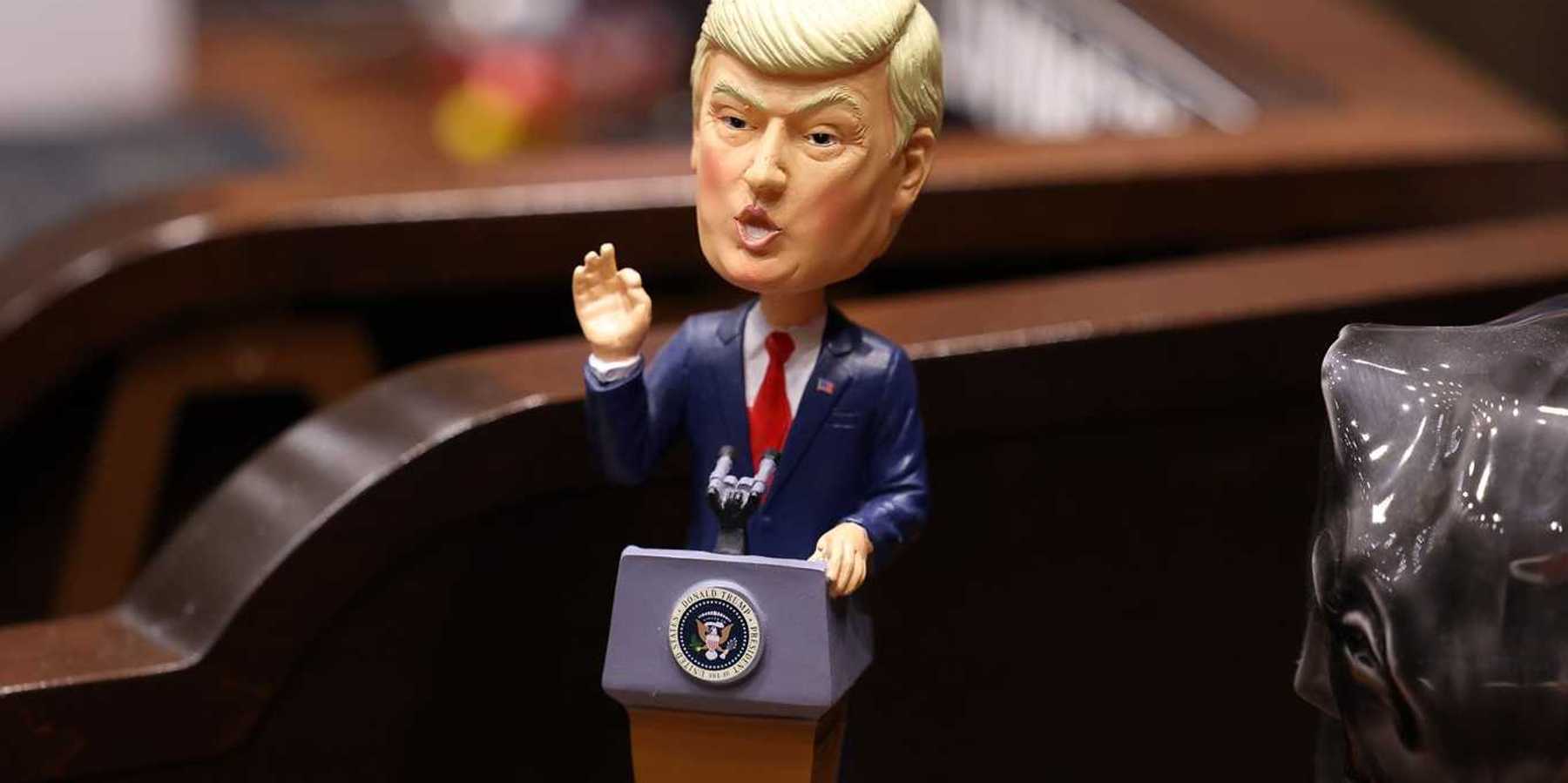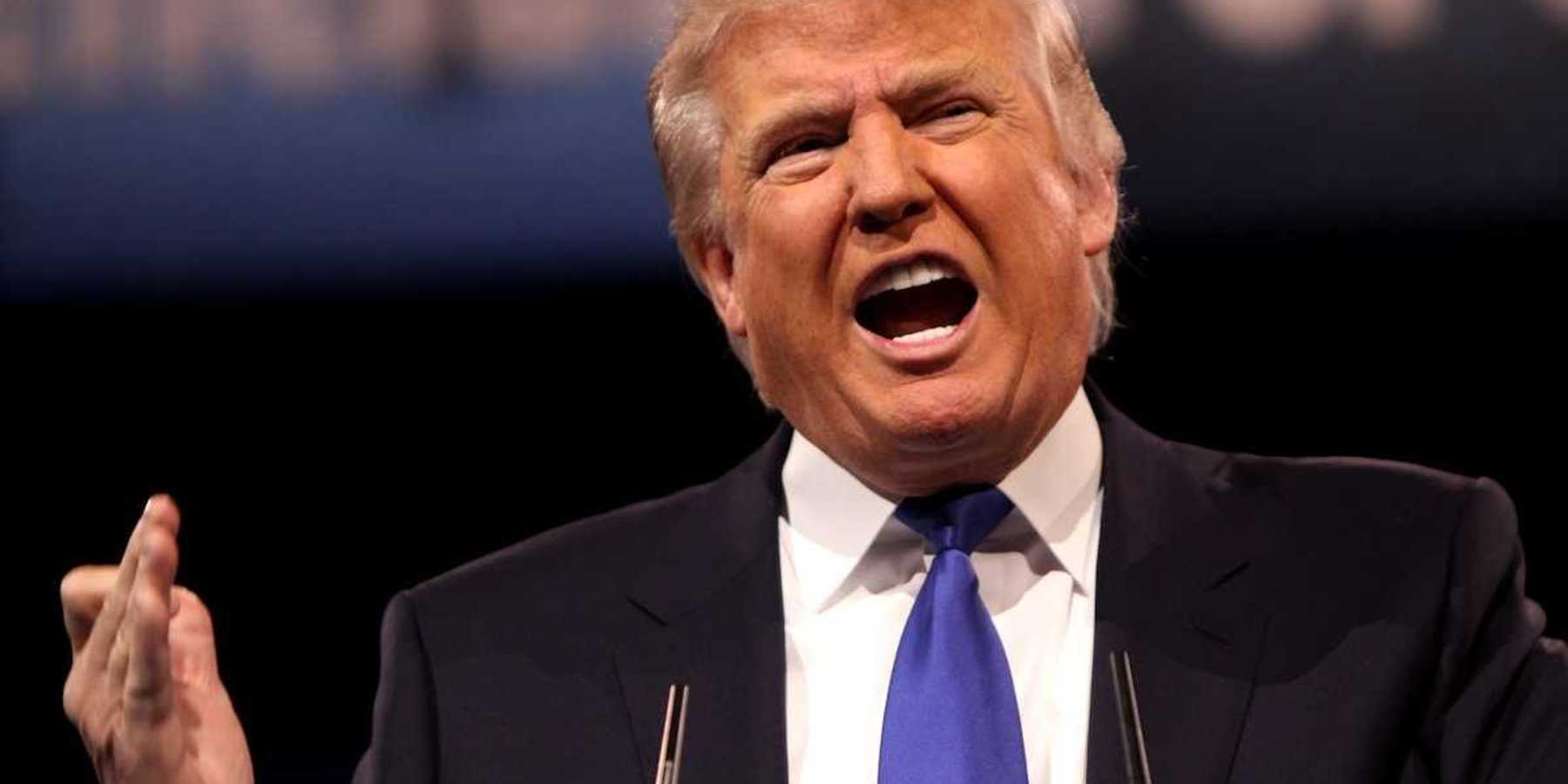Brazil’s top court says government must seize lands illegally cleared or burned
A Brazilian Supreme Court justice has ordered the federal government to confiscate lands illegally deforested or intentionally burned, blocking their legalization and requiring compensation from violators.
Fabiano Maisonnave reports for The Associated Press.
In short:
- The Supreme Court ruling, issued by Justice Flávio Dino, mandates land seizure when owners are found guilty of illegal deforestation or wildfires, and prohibits legal recognition of such properties.
- The case was filed by the Sustainability Network party, supported by environmental groups, to force stronger protections for the Amazon rainforest and Pantanal wetlands.
- Legal experts say the decision closes a major loophole that allowed land-grabbers to profit from environmental crimes through later legalization.
Key quote:
“Right now, land regularization laws in the Amazon — both federal and state — don’t ban granting titles to properties with illegal deforestation.”
— Brenda Brito, legal researcher at Imazon
Why this matters:
For decades, illegal deforestation in Brazil has been fueled by a system that rewards environmental crime with property rights. Land-grabbers clear rainforest or set fires, expecting future amnesty or legal titles from weak or complicit governments. This incentive structure has driven the destruction of vast stretches of the Amazon and Pantanal, releasing massive amounts of carbon, worsening droughts, and pushing biodiversity toward collapse. Indigenous communities and wildlife lose critical habitat, while downstream air and water quality also suffer. The Amazon in particular is nearing a tipping point where it may no longer recover, shifting from rainforest to savanna. This new ruling could set a precedent not just in Brazil but globally, by directly linking land tenure to environmental accountability. Yet it may provoke backlash from powerful agribusiness interests, and its enforcement remains uncertain.













